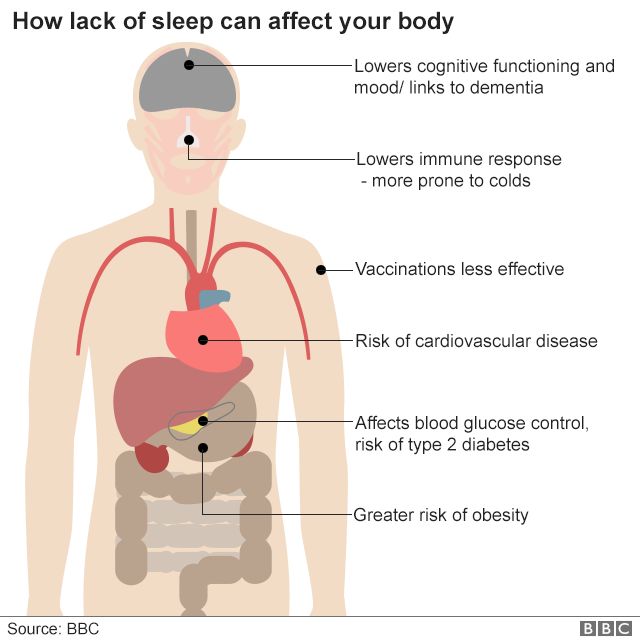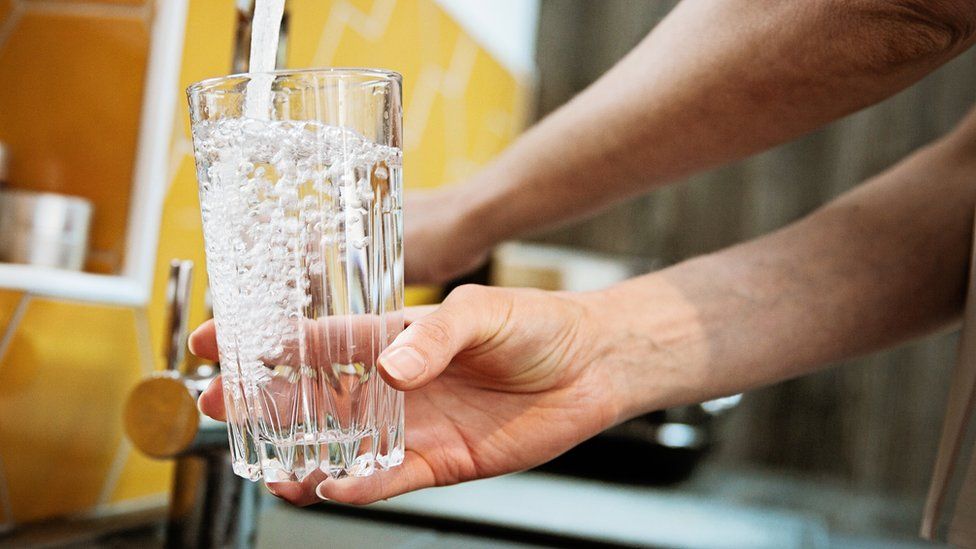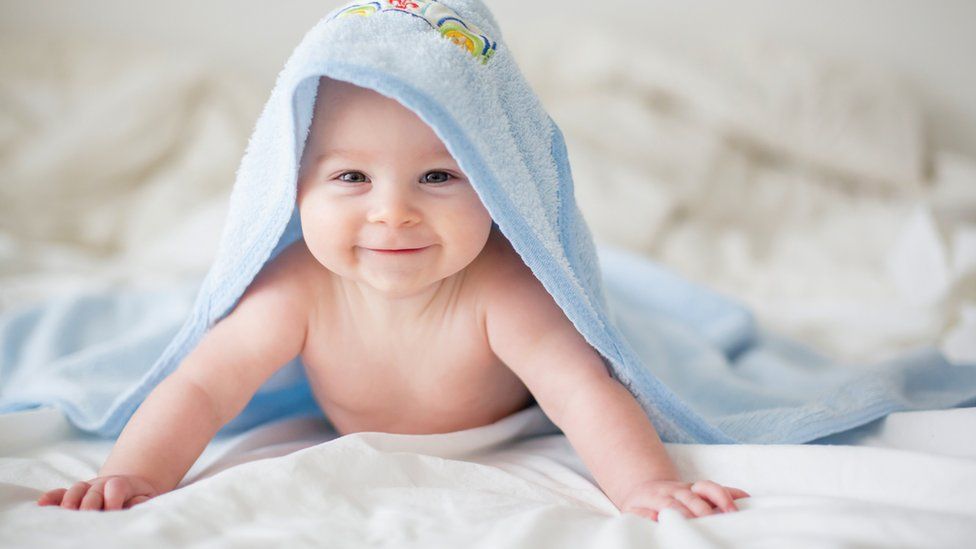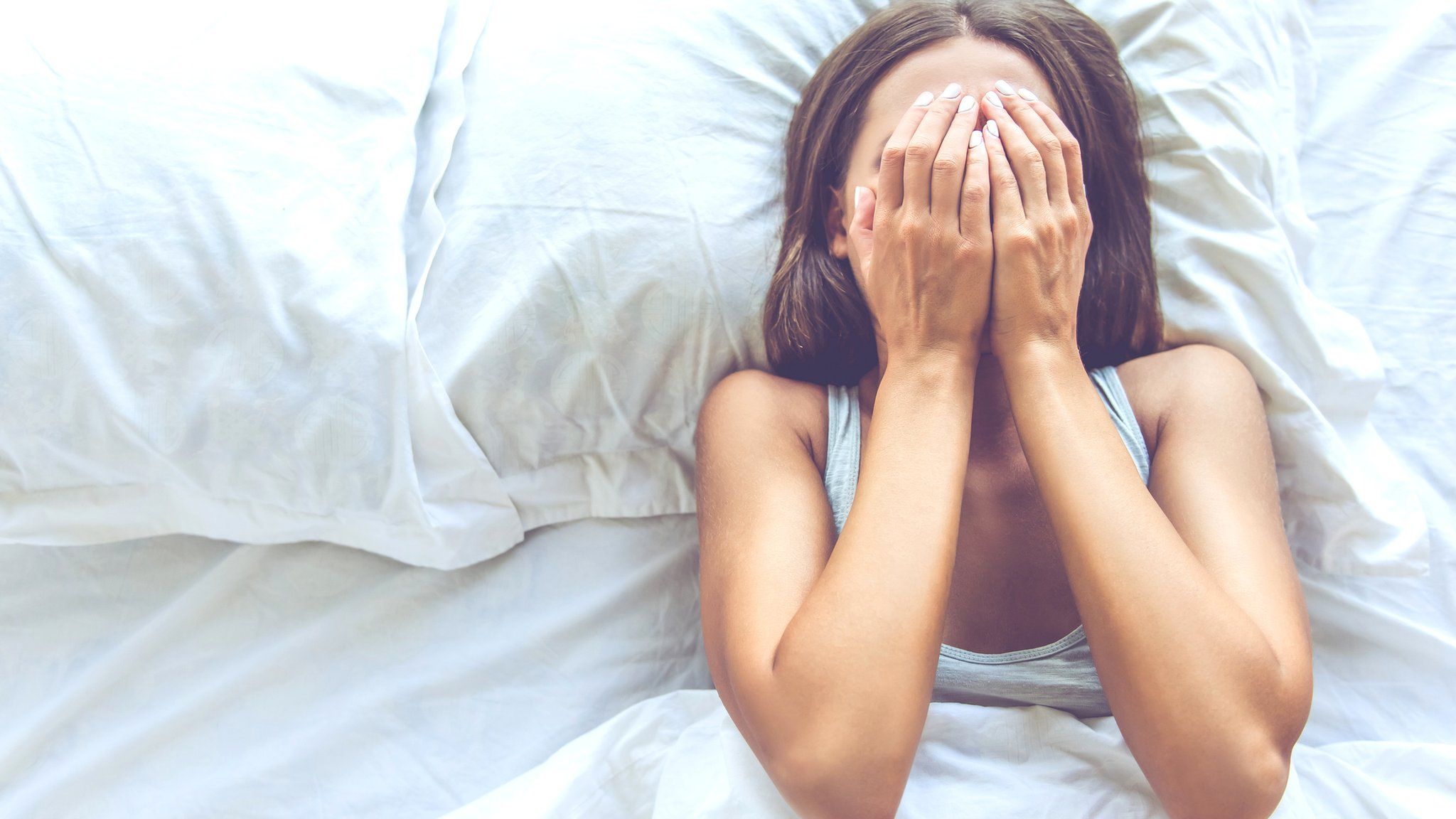A heat-health alert has been issued for parts of England as temperatures are expected to reach 30C (86F) this weekend.
People are urged to check on their vulnerable friends and relatives.
There are actions you can take to fend off the heat.
We may experience some daytime drowsiness in hot weather. This is due to the fact that we are regulating our internal temperature with more energy. .
Try to avoid taking a nap during the day if your nighttime sleep is disturbed. Sleepiness can be valuable in the heat; save it for bedtime.
You may decide to change your habits if it is hot outside. Don't. Sleep disturbances may result from that.
Try to stick to your regular bedtime and morning routines. Make the usual preparations for bed.
Take measures to keep your bedroom as cool as possible at night.
Draw the blinds or curtains during the day to block the sun. To prevent hot air from entering your home, close the windows on the sunny side.
Before going to bed, let a thorough breeze in by opening all the windows.
Keep covers nearby but reduce your bedding. Thin cotton sheets will soak up perspiration.
Your body temperature will drop throughout the night, no matter how hot it is in your bedroom. We sometimes feel cold when we wake up because of this.

In hot weather, especially when it's humid, it can make sense to use even a small fan.
It facilitates sweat evaporation and makes it simpler for your body to control internal temperature.
Try putting ice cold liquid in your hot water bottle if you don't have a fan.
Alternately, place socks in the refrigerator to cool and put them on. Your skin and body will feel cooler overall if you cool your feet.
Throughout the day, drink enough water, but try not to overdo it right before bed.

Undoubtedly, you don't want to wake up dehydrated, but you also don't want to have to make a second trip to the restroom in the wee hours.
Be cautious with soft drinks. Caffeine, which stimulates the central nervous system and awakens us, is a common ingredient in many.
Aim to limit your alcohol consumption as well. When it's hot outside, many people drink more.
Although it might aid in falling asleep, alcohol encourages early morning awakenings and less restful sleep overall.
- Dehydration. Make sure you're getting enough water to make up for what you lose through breathing, sweating, and urination.
- Overheating. Those who have breathing or heart issues may find this to be a particular issue. Tingling on the skin, headaches, and nausea are some symptoms.
- Exhaustion. At this point, your body begins to lose salt or water. These are just a few of the symptoms, which also include feeling weak or dizzy.
- Heatstroke. Heatstroke can occur once the body temperature reaches 40C or higher. The signs are similar to those of heat exhaustion, but the person may pass out, have dry skin, and stop sweating.
What affects the body do heat waves have?
How does sun protection work?
If you're having trouble falling asleep, get up and do something soothing. Try writing, folding your socks, or even reading.
Just make sure you don't play on your phone or a video game because the blue light from those devices keeps us from feeling sleepy and they are stimulating.
When you're tired, go back to bed.
Children are typically good sleepers, but they can be extremely sensitive to changes in the "mood" and routine of the family.

Keep in mind that just because it's warm, regular bedtimes and bath times shouldn't be abandoned.
On the NHS UK website, lukewarm baths are advised as part of the bedtime routine. To avoid boosting circulation—your body's method of keeping warm—make sure they aren't too cold.
It's crucial to keep an eye on a baby's temperature because they are unable to communicate when they are too hot or cold. When the room is between 16 and 20 degrees Celsius, they will sleep the best.
Where the infant sleeps could have a thermometer installed.
To function properly, most of us require seven to eight hours per night of high-quality sleep.
But keep in mind that most people are still able to function normally a night or two after a sleep disturbance.
You'll probably be fine, despite the possibility that you yawn a little more frequently than usual.
Based on advice from Lisa Artis of the Sleep Council and Prof. Kevin Morgan, a former director of the Clinical Sleep Research Unit at Loughborough University, these suggestions were created. In July of 2019, this article was initially released.







